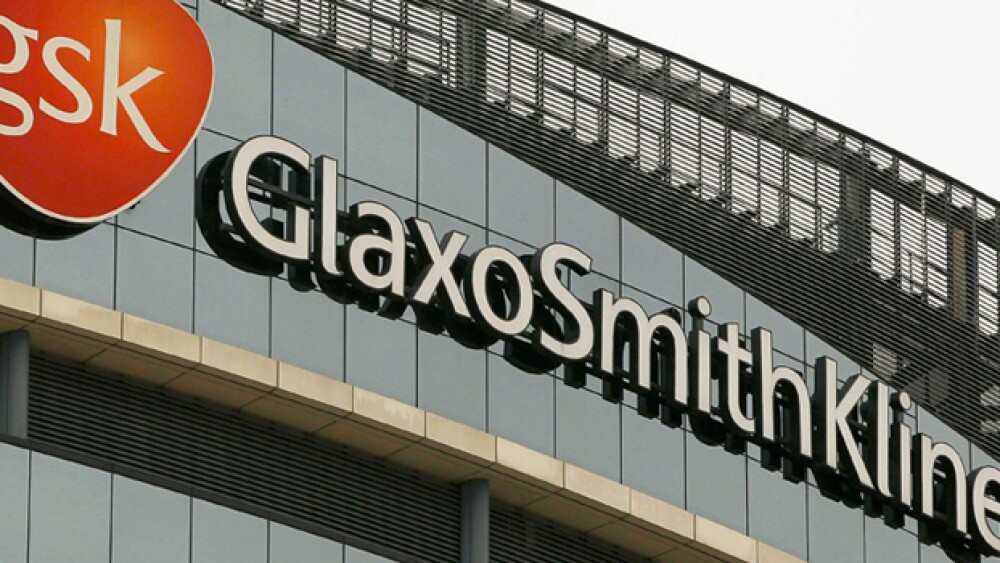Bexsero is the first vaccine in the world to receive the designation twice.
GlaxoSmithKline’s meningitis B vaccine Bexsero is in a class all by itself when it comes to snagging the Breakthrough Therapy Designation from the U.S. Food and Drug Administration.
Bexsero is the first vaccine in the world to receive the designation twice. The vaccine was first dubbed a breakthrough in 2014 for the prevention of Invasive Meningococcal Disease (IMD) in individuals 10-25 years of age. Today, GSK announced the FDA again awarded Bexsero the breakthrough therapy designation for the prevention of IMD in children ages 2 to 10.
“This designation emphasizes the importance of tackling big scientific challenges like meningitis B and breaking new ground in disease prevention through approaches like reverse vaccinology. GSK is committed to the pursuit of innovative vaccines that help protect against serious diseases with significant unmet need,” Rino Rappuoli, GSK’s chief scientist for vaccine research said in a statement.
GSK gained Bexsero from Novartis AG in 2015 as part of its $20 billion acquisition of the Swiss company’s vaccine business.
The FDA’s breakthrough therapy designation is designed to expedite the development and review of treatments that can prevent or treat serious illnesses, or substantially improve available treatments. Drugs and vaccines that receive the designation are eligible for the FDA’s Fast Track designation, as well as potential Accelerated Approval and Priority Review.
Rappuoli has spent more than 20 years developing Bexsero. The vaccine won accelerated approval from the FDA in 2015.
Invasive meningococcal B disease is the leading cause of life-threatening meningitis in the industrialized world. The disease can develop rapidly in healthy populations and can result in high morbidity and mortality. Meningococcal B disease can often resemble the flu, which makes it difficult to initially diagnose. Approximately 20 percent of those who survive bacterial meningitis may suffer a major physical or neurological disability, including loss of hearing, seizures or the loss of a limb.
“Thirty-five percent of all meningitis B cases in the U.S. occur in children under 11 years old. This designation is an important step forward in meningococcal prevention and extending the protection provided by this vaccine to a vulnerable age group in the U.S. We look forward to continuing to work with regulators and public health partners to make this vaccine available for them,” Thomas Breuer, GSK Vaccines chief medical officer said in a statement.
In August, GlobalData Research predicted that the meningococcal vaccines market is expected to grow from around $1.1 billion in 2015 to $1.8 billion by 2025. Bexsero is expected to be a key driver in that growth. Some analysts speculate that it may be the key driver, more than doubling its revenue from about $557 million in 2016 to more than $1 billion annually. Bexsero is approved in more than 35 countries, including the United States and across Europe, for use in individuals from ages 10 through 25. In some countries, it is already approved for use in much younger children. For example in Brazil, Bexsero is approved for use in individuals from two months to 50 years of age.





